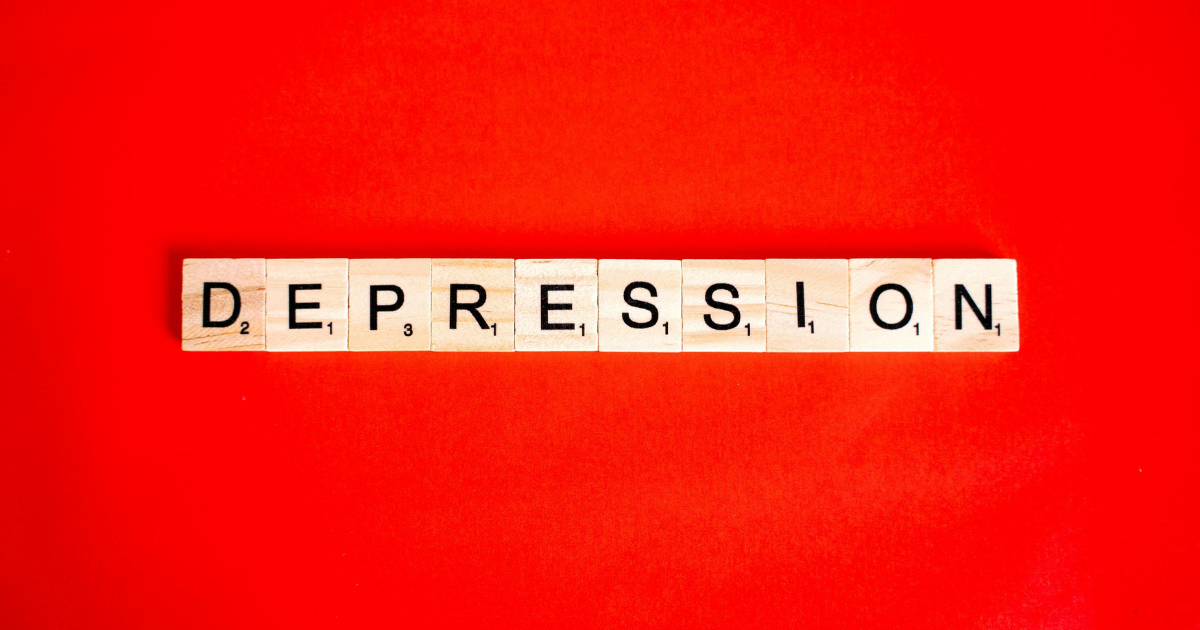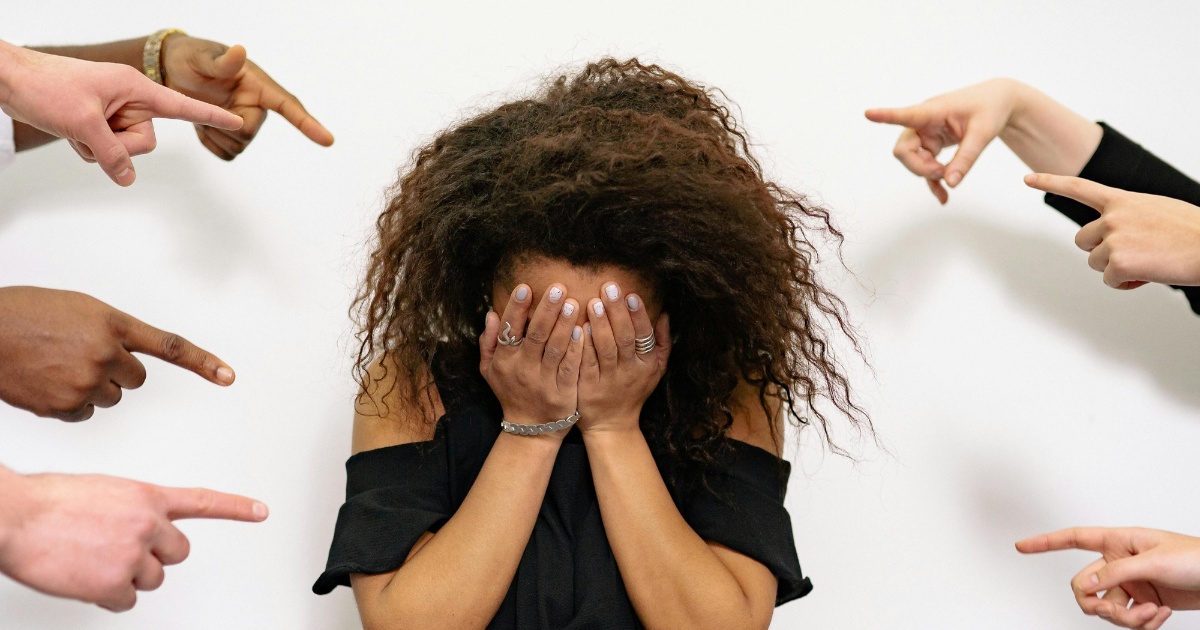Let’s face it, life gets messy. Maybe it’s school, your job, family problems, or just trying to keep it together day after day. If you’ve been feeling sad, tired, or just not yourself? It’s no surprise if you’ve looked up something like “How to get antidepressants?” You’re not alone in that.
This article is here to walk you through the process of getting antidepressants step by step. Who to talk to, and what to expect. Let’s dive in.
How Do I Get Antidepressants?
Antidepressants aren’t something you can just grab at the pharmacy like a pack of gum. These medications require a prescription. Which means you have to talk to a professional first. Here’s how it works in most cases:
- Talk to a doctor or mental health provider. This could be your go-to doctor, a psychiatrist, or even someone online.
- Describe what’s been going on. How have your moods been? Are you sleeping okay? Eating normally? Feeling flat or anxious? It’s important to be honest.
- They’ll assess your situation. Based on what you share, they’ll decide if antidepressants make sense for you.
- Get the prescription. If they agree, they’ll send one to your pharmacy, or have it delivered if you’re using an online service.
Understanding When Antidepressants Might Be Right for You
Unlike popular belief, antidepressants aren’t just for people who are depressed. These medications are actually used to treat a range of conditions and disorders, like:
- Major or mild depression
- Seasonal depression
- Anxiety (and related disorders)
- PTSD and OCD
- Even certain kinds of chronic pain
It’s important to note that they aren’t instant fixes. You won’t take a dose and feel brand new tomorrow. Usually, they take a few weeks to take effect, and they tend to work best alongside other treatments like therapy or healthy routines.
Some questions to ask yourself:
- Do I feel anxious, sad, or hopeless almost every day?
- Is it hard to enjoy things or stay focused?
- Has my sleep, appetite, or energy changed in weird ways?
- Do I feel like I’m just…numb?
If you’re nodding yes to any of these, it might be time to check in with someone. You deserve that.

Who Can Prescribe Antidepressants?
The big question is, who can prescribe antidepressants? There are a few options to choose from:
Primary Care Doctors (PCPs)
This might be the easiest starting point. Your regular doctor, the one you go to for a sore throat or check-up. They can prescribe antidepressants, especially the more common ones, and they’ll usually refer you if they think you need something more specific.
Psychiatrists
These are mental health specialists who know antidepressants inside and out. If your symptoms are severe, complicated, or haven’t improved with basic treatment, a psychiatrist might be your best call. They’re trained for this.
Online Mental Health Providers
You can absolutely get antidepressants through virtual care. You talk to a licensed provider via video or phone, they assess your situation, and if needed, they send the prescription right to a pharmacy near you. Make sure you’re using a verified website that is licensed, secure, and with real doctors or therapists on staff.
Do You Need a Diagnosis to Get a Prescription?
Yes, you do. Getting a diagnosis is the process of helping your provider figure out what’s going on. They’re not judging you. They try to understand what you’re going through and try to match you to the right care.
They’ll usually ask about:
- How long you’ve been feeling low or anxious
- Changes in your eating or sleep habits
- Any recent major life stuff—grief, breakups, big stress
- Whether there’s a family history of mental health conditions
This helps them piece together a bigger picture. Then, if it seems like something like depression or anxiety is going on, they might give it a name, that’s your diagnosis.
Online Access: Can Virtual Doctors Prescribe Antidepressants?
Absolutely, yes. It works a lot like a regular doctor’s visit, but it’s from the comfort of your couch. It’s especially helpful if you’re short on time, feeling nervous about going in person, or just prefer privacy.
What’s the process?
- Fill out a short form about how you’re feeling
- Have a live chat (video or voice) with a licensed provider
- They go through your answers, ask follow-up questions
- If it seems right, they write a prescription
- You pick it up or get it delivered
Some platforms even offer online therapy or check-ins after your first appointment, so you’re not just left hanging.
Again, please don’t just use any random app. Make sure it’s secure, legit, and staffed by qualified professionals.
Exploring Alternatives: Are There Natural Options That Work?
So maybe you’re feeling unsure about jumping into medication right away. Some people prefer to try more natural routes first. Especially if symptoms aren’t severe. And honestly, these approaches can really help, either on their own or alongside medication. Let’s break some of them down:
Regular Exercise
You don’t have to train for a marathon. Even a short walk, a little dancing in your room, or stretching in the morning can help. Physical activity gets your body to release chemicals like endorphins and serotonin. This is basically your brain’s own mood boosters. The trick is consistency, not intensity.
Therapy (Especially CBT)
Talking it through with someone who gets it can be a huge relief. Cognitive Behavioral Therapy (CBT) is one of the most effective methods. It helps you untangle the messy thoughts in your head and replace them with healthier patterns. It’s not instant, but it works.

Omega-3 Fatty Acids
These healthy fats, mostly found in fish oil, might help lift your mood and support better brain health overall. Some people notice small improvements in mood when they add Omega-3 supplements to their routine.
Meditation and Mindfulness
This one’s a quiet game changer. You focus on the present moment, your breath, your body, or just being. Mindfulness can slow down anxious thoughts and help you feel more grounded. You can start small: 5 minutes a day, deep breaths, no pressure.
Light Therapy
Especially useful in winter months or for anyone dealing with Seasonal Affective Disorder (SAD). Light therapy lamps mimic sunlight, and sitting near one for just 20–30 minutes a day can improve your mood and reset your internal clock. No medication, no needles, just light.
Better Sleep & Daily Routine
Not glamorous, but vital. Poor sleep can mess with your mood, memory, and motivation. Simple fixes like turning off screens earlier, sticking to a sleep schedule, or getting morning sunlight can really improve how you feel.
Here’s a quick glance at those options:
| Natural Option | How It Helps |
| Regular Exercise | Boosts mood by increasing endorphins and serotonin |
| Therapy (like CBT) | Helps reframe negative thoughts and build coping skills |
| Omega-3 Fatty Acids | May reduce depressive symptoms and support brain health |
| Mindfulness & Meditation | Lowers stress and helps with emotional regulation |
| Light Therapy | Useful for SAD and mood improvement during darker months |
| Sleep & Routine Fixes | Improves energy, focus, and emotional stability |
Ready to Talk Treatment? Mental Health Center of San Diego Is Here
Finding help shouldn’t feel like a struggle. That’s why Mental Health Center of San Diego is here. We aim to make things as supportive and human as possible.
We offer:
- In-person and virtual therapy sessions
- Psychiatric evaluations
- Medication management, without the rushed, cold experience some clinics give
What makes us different? We actually listen. We want to know what’s really going on so we can figure out a plan that works for you. If things feel heavy and you’re not sure what to do next, maybe it’s time to reach out. Contact Mental Health Center of San Diego. You deserve to feel better. You deserve support.
FAQs
How can I get antidepressants?
First, you’ll need to speak with a licensed medical provider, like a doctor or psychiatrist. They’ll listen, ask questions about your symptoms, and if appropriate, they’ll prescribe medication.
Who can prescribe antidepressants?
Primary care doctors, psychiatrists, nurse practitioners, and even virtual healthcare providers. All of them, as long as they’re licensed, can write you a prescription.
Do I need a diagnosis to get antidepressants?
Yes, typically. Think of it like this: you wouldn’t get glasses without an eye exam. It’s the same with mental health medication. You need a diagnosis so your provider knows what they’re treating.
Can online doctors prescribe antidepressants?
Definitely. As long as they’re legit and licensed, online providers can prescribe antidepressants after a video or phone consultation. They’ll usually send the script straight to your pharmacy.
Do antidepressants have side effects?
Most do, especially at first. Symptoms like nausea, trouble sleeping, or appetite changes are common, but often temporary. Most side effects fade after a few weeks once your body adjusts.
















